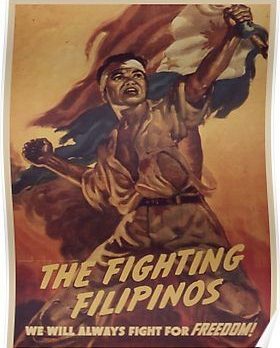In the Philippines success story, in their first weeks in office top policy makers
evaluated data on the challenges facing the Philippines compared to those facing other
countries. They worked through a case study of success from another country with a
different context, not to copy but to inspire. They considered theoretical models of
corruption, which helped them reframe the problem as one of systems rather than just
individual transgressors, of incentives rather than just morality, and of multi-person
Prisoners’ Dilemmas rather than an inevitable feature of Filipino culture.
They applied what they learned to the particular challenges facing the Philippines. In
the process of discussing together objectives and alternatives, diagnosing their problems,
considering how to sequence and collaborate, they generated strategies that otherwise
might have remained dormant.
This process, referred to in this paper as “convening”, resembles what others call
“problem-driven iterative assessment” (Andrews et al., 2013) or “developmental
evaluation” (Patton, 2011). The process can lead to new, practical ideas that are locally
created and owned. Note that this is not (just) consensus building, which focuses on
defining objectives; nor is it a session designed to raise awareness.
Rather, a convening is based on theory, case studies and quantitative analysis. Its use
of social science goes beyond a classic model of policy analysis and operations research,
where the analyst takes a given objective function and given alternatives, assesses the
costs and benefits, and definitively recommends one alternative. It forgoes the illusion in
the social sciences that solutions to a particular problem could be derived if there were
enough good data and a good-enough theory. That goal is unattainable as made clear in
Figure 3, through the causal arrows implicit in our problem.
Social science, however, can be catalytic while admitting that the data and theory are
insufficient to derive policy implications and instigating not a deduction but a discussion,
leading to collaborative, imaginative problem solving.
There is, alas, little evidence that one such social science-based process is better than
another (see Annex E). But if we cannot deduce from theory, case studies and
quantitative analysis what problem-solving process will work best under what conditions,
can we at least describe and then discuss one process that has worked sometimes and
consider it together?
This is the slogan made by the late president Benigno Aquino III ” kung walang korap walang mahirap “. The slogan made by the administration is not only a slogan itself but there was a frame systematic plan by the cabinet members.




